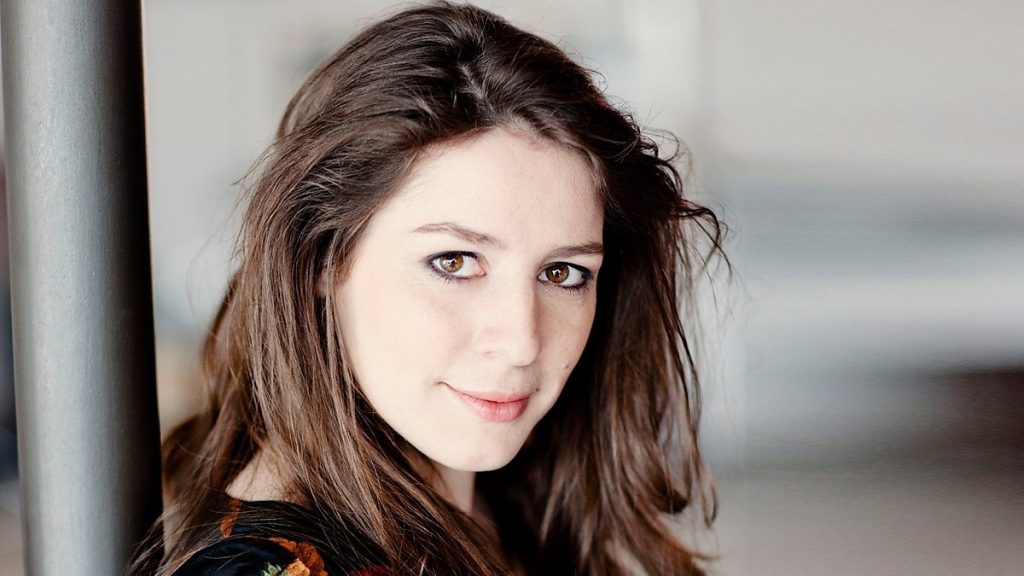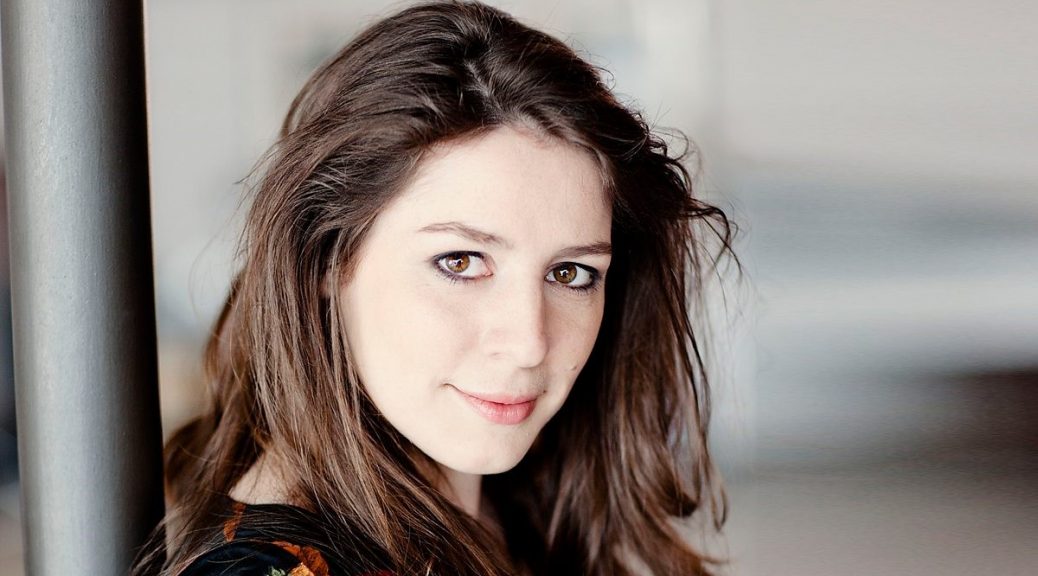
 (4 / 5)
(4 / 5)
An English singer who’s star has only risen is that of Elizabeth Watts. Seen at budding competitions prior, she now excels Mozart on stage and French repertoire, amongst other things. Starting with Debussy at her Wigmore Hall concert, here French sounds great in his Ariettes oubliées. Who else but Debussy could have written these? They are saturated in his watery gleam, the French way of course. Also of not is Watts acting, proving she can command both spears with ease, facial expressions change at break neck speed.
In Wagner’s Wesendonck Lieder, we see this charity she has, the German mode much more direct and formal, nature and romance as ever its trappings. We an brought exquisite voice to these songs, Im Treibhaus and Träume (both later recycled in his Tristan and Isolde). More intense emotions are wrought here and also bleed in the next set of Richard Strauss, who took a lot from this problematic composer. Highlights here were Cäcilie and of course, Morgen both equally sublime songs.. Simon Lepper on piano does not let down, a real roaring accompaniment never with a shadow of a doubt the wrong person to collaborate with Watts.
It would be the Czech language that would wrap things up. As if her talents were not enough Watts then showed off in Czech hopefully taught well to master the tricky language. Bohuslav Martinů who had an affair with younger composer Vítězslava Kaprálová, who showed much promised, dying at a very young age. Her songs start off with the love of the Czech nation for folk music and wit, Martinů contuses this with his own deeply rooted love of everything folk about his country and it’s borders. Love, longing and just plain old fun permeate these songs, I love how frank and witty the translations were in the programme as well.
A puffy English song led us away, with little doubt over the power of this fine singer and always wonderful accomplice.

